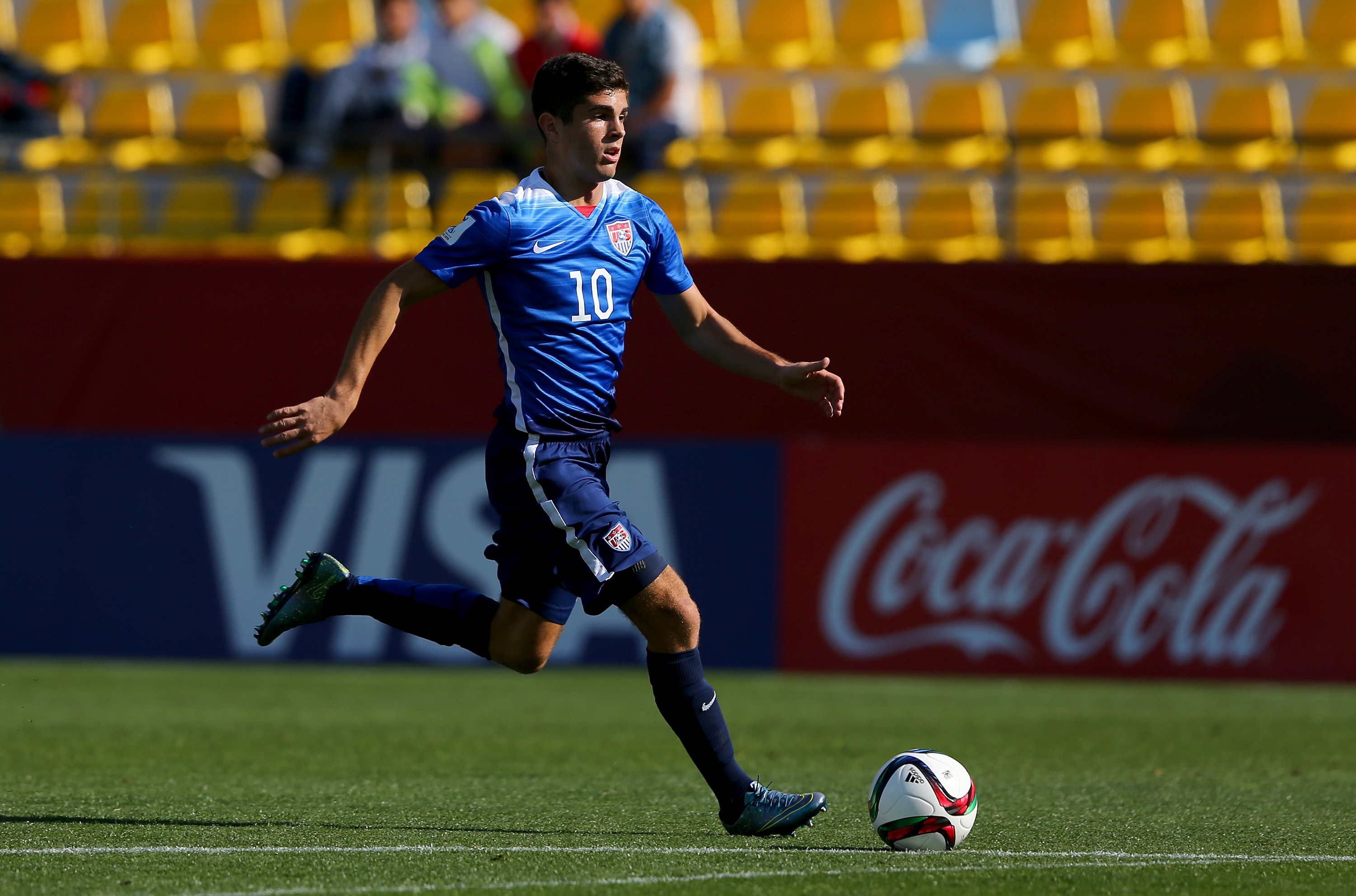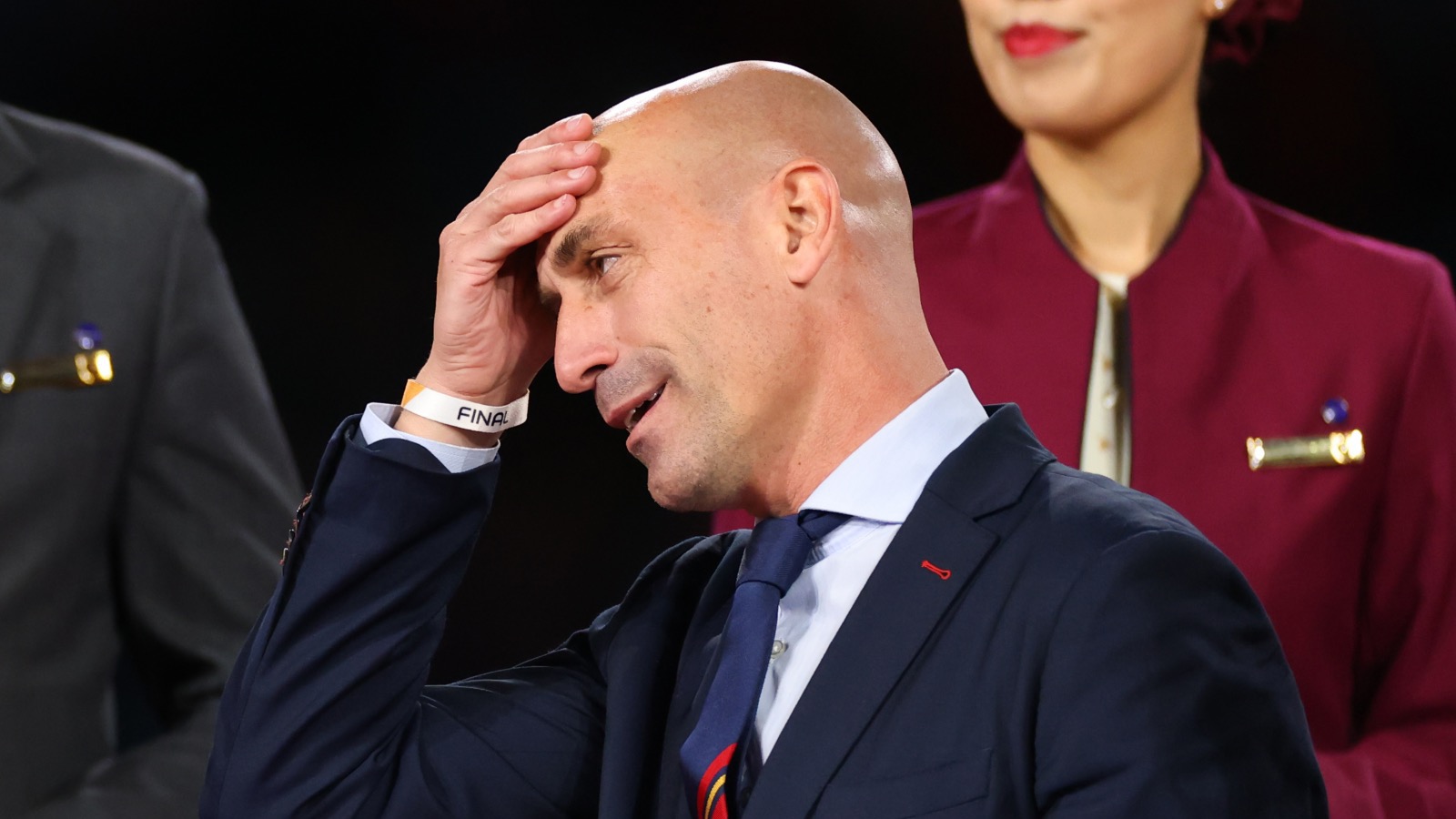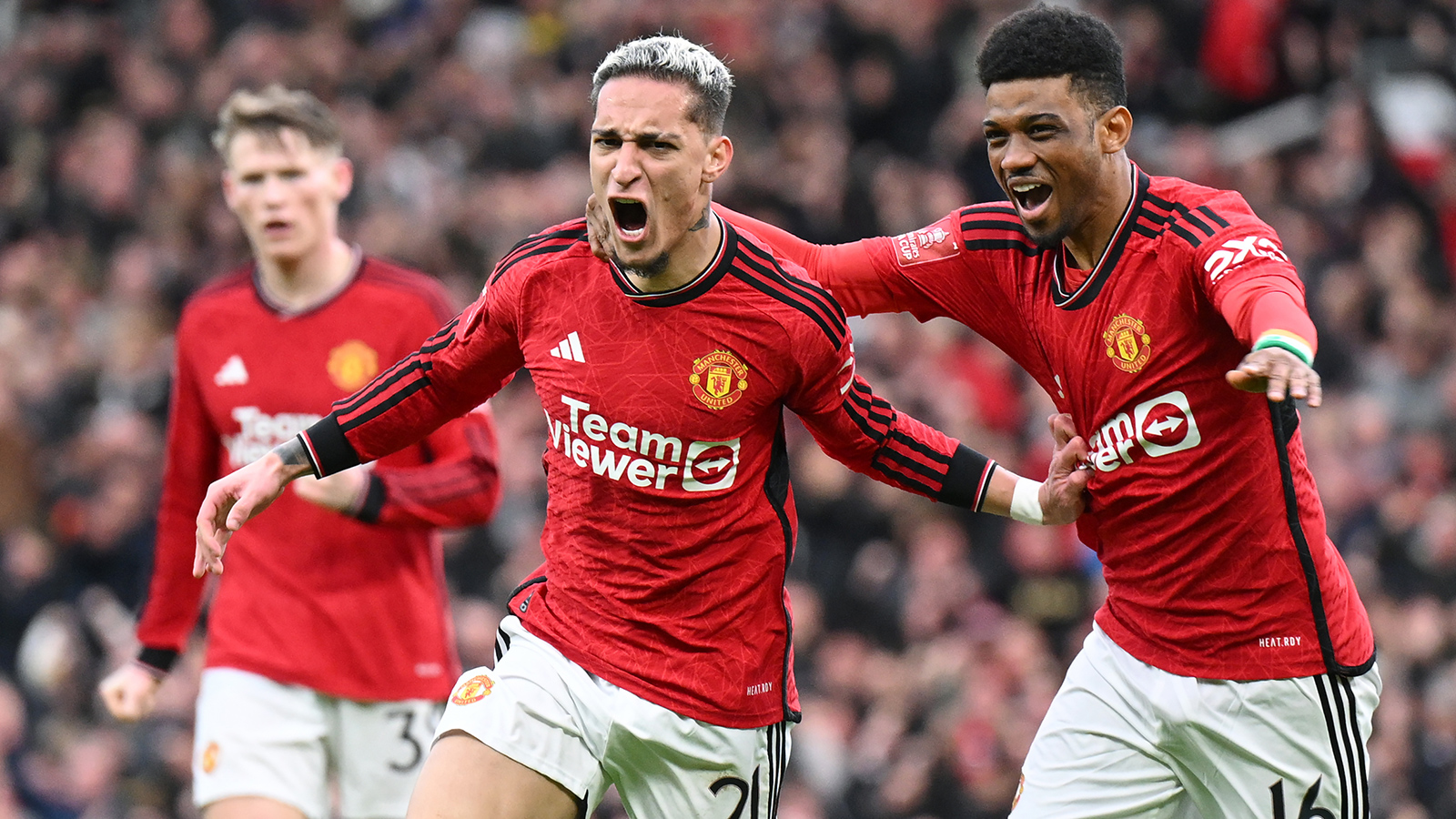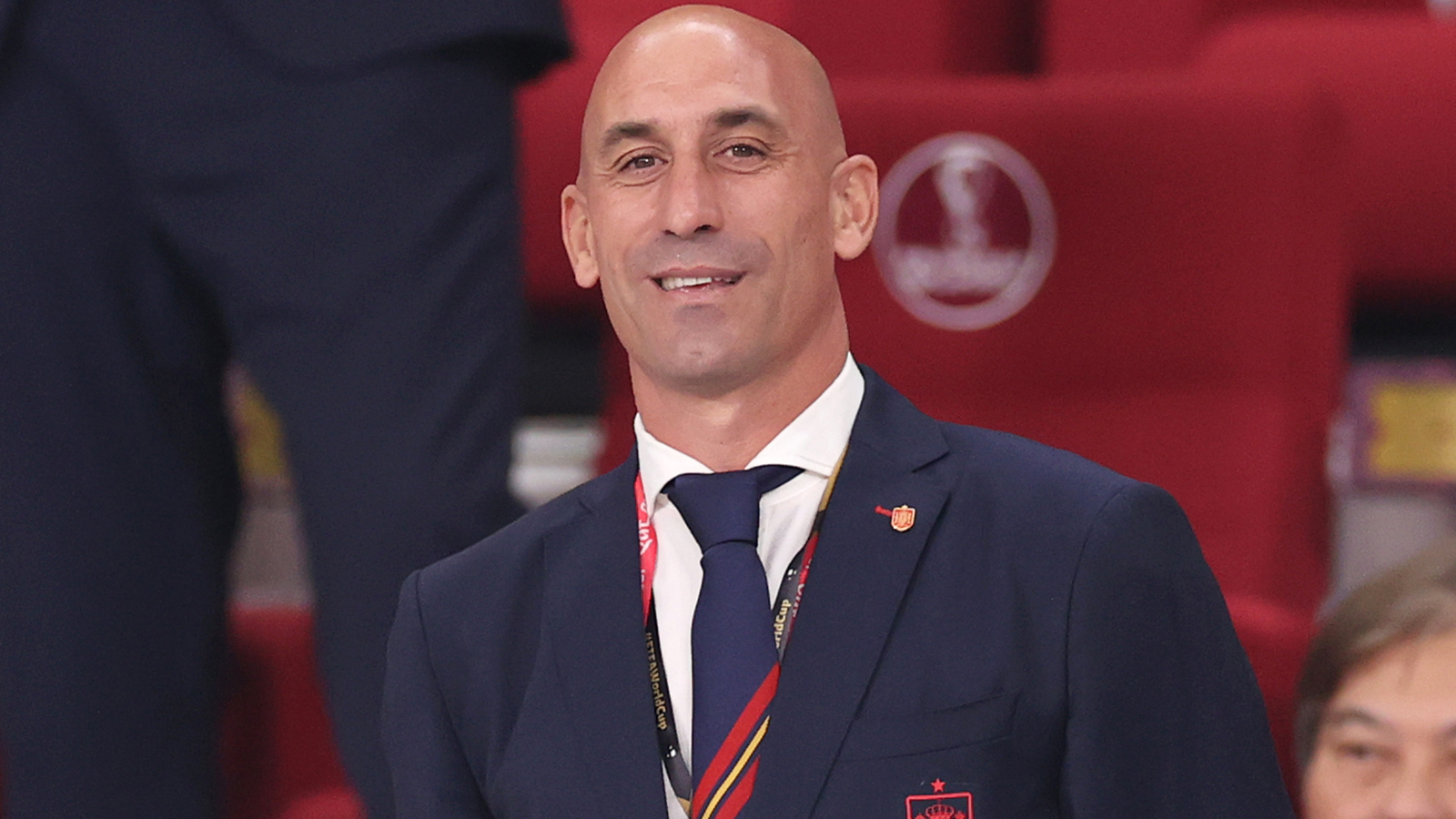
Christian Pulisic’s Croatian Passport Gave Him a 2-Year Advantage Over Other American Soccer Players
It’s hard to believe that for as long as Christian Pulisic has been grabbing headlines for his soccer prowess, he’s still just 22 years of age. Part of this is a testament to his will. Although men’s soccer has had a recent downturn in America, Pulisic is a rising star overseas. However, the untold story is that of a young child whose parents let him take advantage of a loophole that allowed him to go pro while his friends were still playing at a high school level.
Too good, too fast
Pulisic grew up in a city more known for its candy than its soccer prodigies, Hershey, Pennsylvania. However, after showing promise as a child, his parents wasted no time putting him on the fast track to a professional career. The grandson of a Croatian man who emigrated in 1960, Pulisic found a loophole that allowed him to play professionally at just 16 years of age.
This isn’t strange in Europe, but it’s a rarity in the United States. American soccer players do not have the same opportunities as their overseas counterparts. After all, many American athletes are expected to go to college before they enter the pros. This means that those who wish they could go pro at 16 often have to wait three or four years, depending on when their birthday lands. However, Pulisic’s Croatian heritage meant that he could secure the passport needed to play overseas in Europe.
He eventually followed the footsteps of soccer legends Robert Lewandowski, Ousmane Dembélé, Erling Haaland, and signed with Borussia Dortmund’s youth program. There, many young athletes spend months, if not years, to prove their worth in the big leagues. Pulisic needed just 15 games. It’s a testament to his talent, but the whole story harkens back to parents who have been by his side since the beginning.
Kelley and Mark Pulisic on their son
Christian’s parents could have quickly forced him to finish high school on a traditional course, go to college or the pros, and follow a standard track to superstardom. However, they saw their son’s passion for the game and knew that he had what it took to become special. Being soccer parents, especially to a young prodigy, meant sacrificing and learning how to deal with it.
Admittedly, Kelley learned how being a parent caused her to change on the fly. Seeing her behavior, she told Soccer Parenting how she wanted to raise wanted to be a good role model for her son.
“We had to step away because it was just blaming the ref, and blaming this and just being negative to other children,” she said. “To me, that’s awful. They are kids. You can’t do that. It’s a team game at a young level. Nobody needs that.”
In a world where sports parents often have a reputation for aggressive and abusive behavior, Kelley and Mark tried to remain hands-on while letting their son dictate what happened next.
“I think the parents that maybe are just, Go, go, go, go,” Kelley told the site. “Trying to get that extra training, trying to get personal training, team training, on all sorts of different teams (are stressed). We didn’t do that. We were just like, ‘Train a little on your own, train with your main team if you get called to the national team…’ We tried to just bring it down a level,” she said, telling the site that they believed their hands-off approach would breed the best results.
It must have worked. By sacrificing, learning on the fly, and investing themselves in their son’s journey, Mark and Kelley saw young Christian grow into the superstar he is.
An American in Europe
Pulisic isn’t just great for a young American soccer player. He’s great at any level. Upon joining Dortmund’s highest level, he became the youngest foreign player to score a goal in Bundesliga. Of course, with a young superstar in their midst, the men’s national team came a-calling. There, Pulisic became the youngest player to score a goal on the men’s national team.
Now in his second season with Chelsea in the Premier League, Pulisic’s career is still young. However, thanks to the sacrifices his parents made and a little bit of luck with a passport, he’s able to fulfill his dreams. He shows that Americans can still be great at soccer whether they take a traditional path or not.


